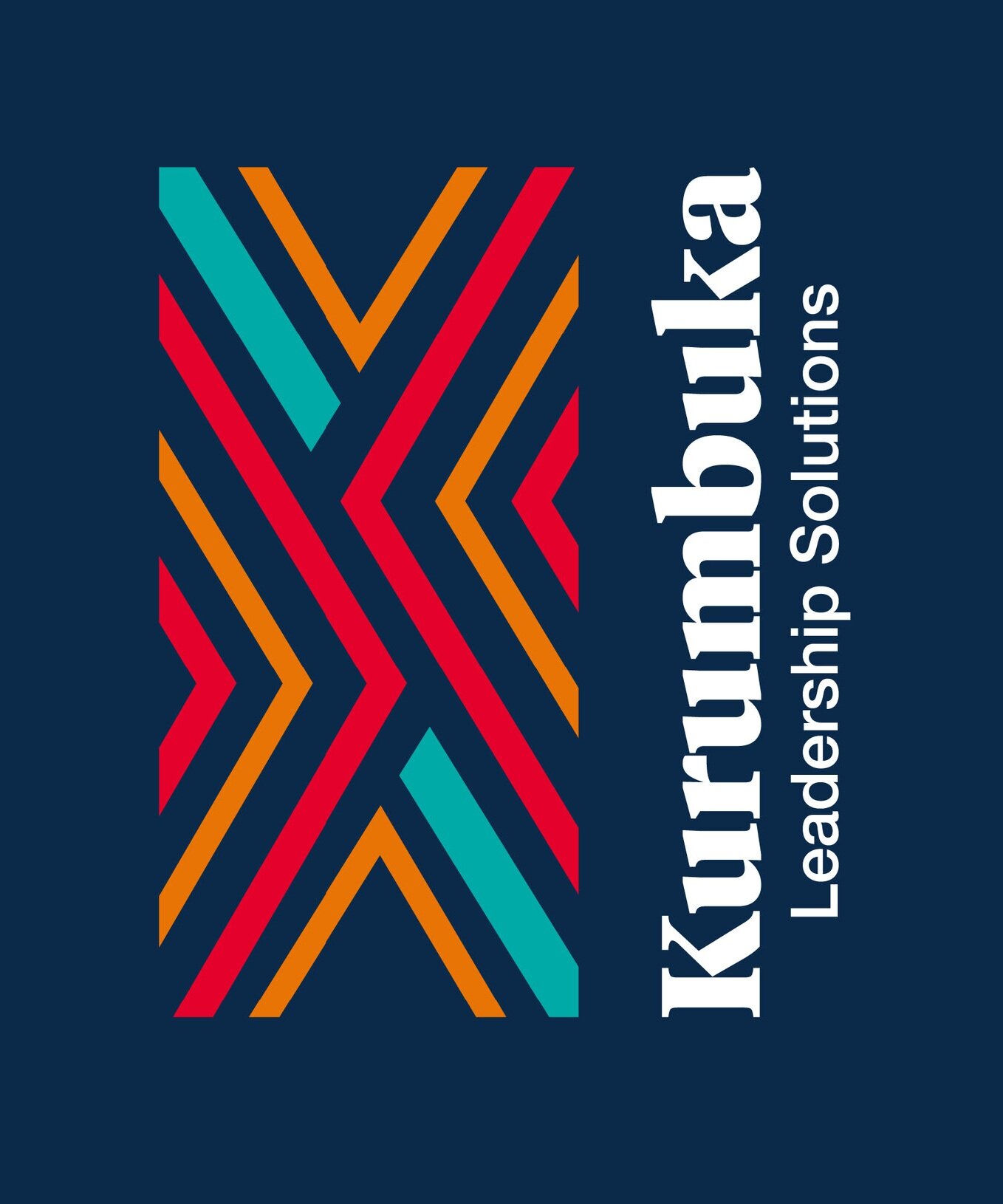Servant-Leadership in War-Torn DRC
By Nabintu Mujambere
In 2005, I had an opportunity to revisit my home city, Bukavu, after living in Belgium for a couple of years. What I found broke my heart.
My city was in tatters—physically destroyed by war. Bombed-out buildings stood as painful reminders of what had been lost. The streets were dusty and trashy, but worse than that, people’s spirits were shattered. Trauma hung in the air. Many were depressed, struggling to see a future beyond their daily survival.
I started asking young people, "What do you see for your future?'" Their answers were painfully familiar. "I just want to go abroad for a better life."
I knew life abroad wasn’t the solution. I longed to contribute to my community’s restoration, but how could we rebuild if everyone left? We needed people who loved this place to stay and fight for its future.
That was when the idea for Future Hope Africa was born—a project rooted in Jeremiah 29:11, bringing hope back home and rallying people to rebuild. And then, God put the right people in my path to make it happen. Today, we are a team of 20, including our board of directors, working together toward a thriving Africa.
A New Leadership Model
In many African contexts, leadership is seen as a position of power. A leader is the one who knows the way, and everyone else follows. Hierarchy is very important. Many leaders love receiving honor, praise, and respect, but they don’t always give the same in return.
Through Abundant Leadership Institute, I embraced a different model—Christ-like servant leadership. True leaders don’t just build infrastructure; they build people. Yet, so many community projects in Eastern Congo have been designed by outsiders with no real understanding of life here. That had to change. We needed an asset-based community development mindset.
Leaders bring people with their talents to work together for the common good.
I started focusing on my team as my mission. I did not look at them as a means to serve beneficiaries but as important partners. They became my leaders in training, my motivation, and my most valuable resource. I taught them everything I learned about leadership, and their well-being became my priority. I would even give up on my salary to make sure they were served first. They noticed the change in how I led them and that I could even sacrifice for them and their commitment to our mission deepened.
Shifting Culture
Back to those dusty, trash-filled streets.
My team and I started mobilizing young people from our leadership programs to clean the city every summer. We encouraged shop owners to take care of their spaces, to think differently about environmental management.
It wasn’t easy.
Every time we cleaned, the next day, it was worse. The problem wasn’t just trash—it was mindset.
I understood then that sustainable change comes from a shift in culture.
We are taught that “Culture eats strategy for breakfast.”
So we pressed on. Because when the core team understands, resilience and innovation will surely be rewarded.
A Call to True Leadership
How do we bring positive change in a community without ignoring or crushing people?
Do we value people as worthy and capable?
Do we focus on building people rather than just building things?
How does our chosen leadership model get us to a thriving African community?
We need a servant heart to empower people and help them regain dignity. Caring for people to bestow them a crown of beauty is key! (Isaiah 61).
Development and sustainability need to start from the inside out, not the other way around.
Let’s focus on building people, and we will build flourishing communities!
Nabintu Mujambere is the Founder and Executive Director of Future Hope Africa in the Democratic Republic of Congo.
Bintu is an alumni of the Abuntant Leadership Institue and serves as a co-facilitator of ALI’s Servant-Leadership course.
To learn more about Future Hope Africa, visit www.futurehopeafrica.org


